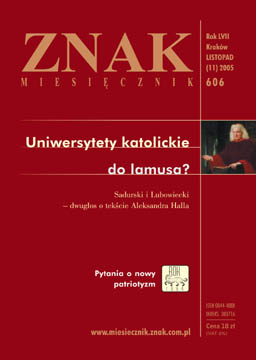

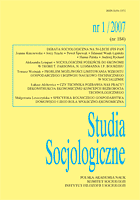
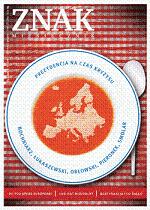
Keywords: economy; politics; ekonomia; polityka; education; edukacja; changes; zmian; Marek Kwiek,Transformacje Uniwersytetu. Zmiany instytucjonalne i ewolucje polityki edukacyjnej w Europie,
More...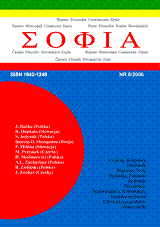
Keywords: Translation from Russian to Polish - Anna Habrat
From the translator: Leon Petrażycki is known primarily as the founder of the psychological theory of law. Most of his work on this topic is available in the Polish language. There is also some less known work due to its being not translated into Polish until now. Such is the case with University and Science, his vast, counting almost 640 pages, two-volume work. Mostly it contains articles, which Petrażycki published in daily newspapers and the „Prawda” weekly in 1901. By these articles he joined the discussion on the reform of the system of education in Russia. In 1906 and 1907 he reviewed, revised and published these articles. In these articles he raised the issues regarding the role and the tasks of the university. Until now only three not very much detailed elaborations devoted to this up to now little known side of Petrażycki’s work were published in Poland. I hope that this translation will at least partly fill the gap.
More...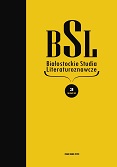
Keywords: region; literary regionalism; topographic turn; geopoetics; autobiographical places
The article constitutes a report on the Uniwersytet Zielonogórski conference (11-12 October 2012) initiating a several years-long project devoted to the new take on regionalism in Poland – both in the research in the field of literature and culture, and in lite¬ra¬ry criticism. Analysing the problems dealt with in the papers presented, the author points to the influence on reflection on regionalism of topographic turn, geopoetics, the model of autobiographical place, and post-colonial research.
More...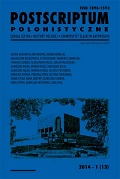
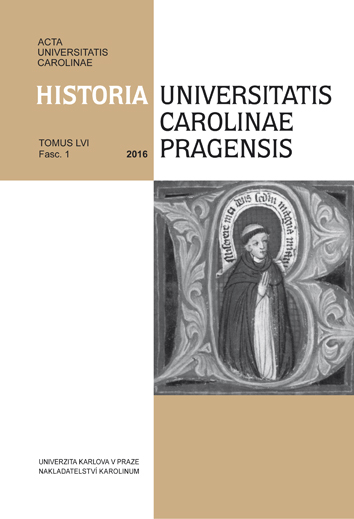
Keywords: University of Wrocław (Breslau); jubilee; celebrations of anniversaries; tradition; identity
Between 2002 and 2015, the University of Wrocław (Breslau) had organised celebrations commemorating the anniversary of 300 years, 500 years, 200 years, and 75 years of its existence and activities. This range of anniversaries is the results of this university’s complicated history and the fact that it was established and re-established four times: in 1505, 1702, 1811, and 1945. The origins of particular traditions and identities of the academic community with reference to one or more beginnings is a process one can trace from the second half of the 19th century until the present day.
More...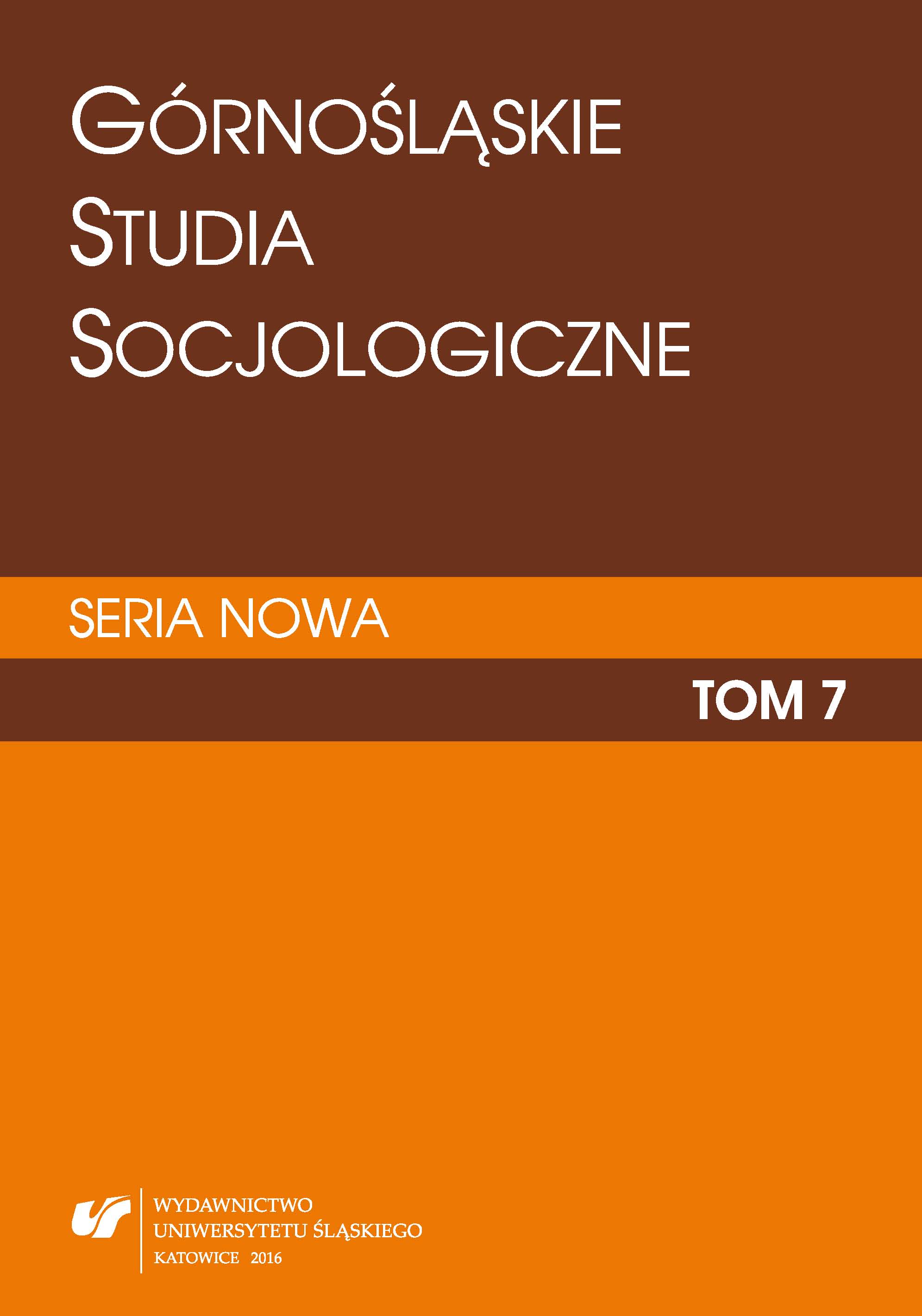
Keywords: terminal architecture; neoliberal city; socially engaged architecture
Using as a pretext design proposals for University of Silesia’s campus urban development, made by the students of the second year Master of Architecture programme at the University of Plymouth in the academic year 2014—10151, the chapter explores the possibilities and conditions of existence of special urban territories, excluded from the logic of short-term profit. These types of territories exist / could exist based on different value systems, and the purpose of their existence and development should be defined based on logics going beyond the financial gain of individual or collective actors. The chapter focuses on the possibilities of the occurrence of urban spaces enabling social experiments, allowing testing post-capitalist future in a context of contemporary Polish university campus.
More...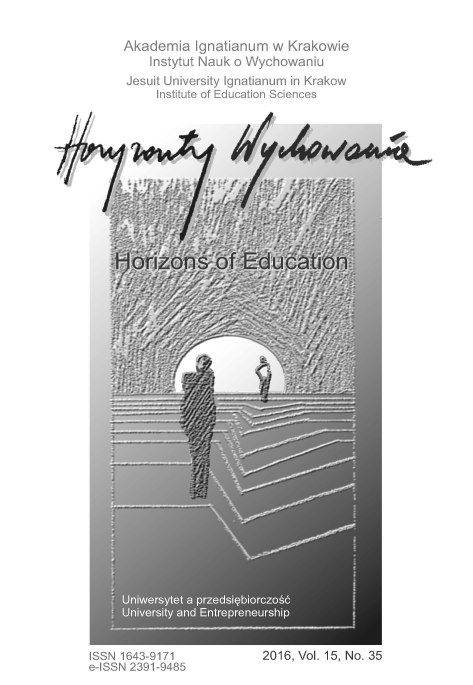
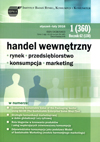
Keywords: sustainable management; water resources; small retention reservoirs;
The efficient use of waters resources, which should combine environmental, social and economic objectives, is an important issue related to the sustainable management. Using these resources should not contribute to environmental degradation and should be preceded by a reliable economic analysis. An example of such activities for sustainable water management is building small retention reservoirs that do not generate such a significant negative impact on the environment and social protests as big reservoirs. The main issue of the article is assessment of the management of water resources in the Silesian Voivodeship and the evaluation of effectiveness of the use of small reservoirs.
More...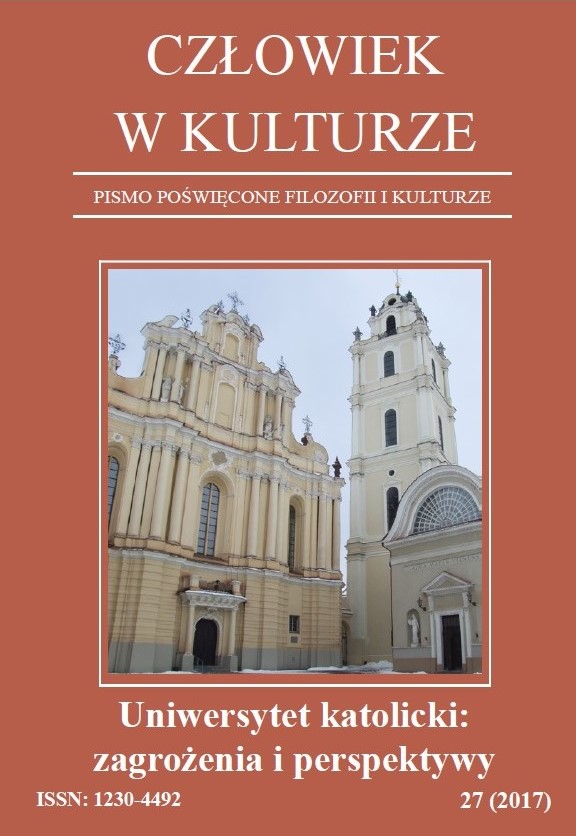
Keywords: university; culture; Academy; Lyceum; Christianity; the humanities;
The crisis of university is the occasion for cogitation on the specifics of university as university and as Catholic university. Three major phases of functioning of universities animated by special cognitive passion may be perceived in the history of Western culture. Within the first pre-university phase, the cognitive passion was focused on the reality around man and the attempt to ultimately account for it. Plato’s Academy and Aristotle’s Lyceum were the outcome of that approach. Within the second phase, the cognitive passion was focused on God, which specifically characterised Christianity associating Revelation with the capacity to comprehend reality. Within the third phase, university adopted the form of a polytechnic for which knowledge is most of all the power manifested as the passion of ruling over the world. That last phase has prevailed until today and constitutes the threat to the humanities. The humanities should be revived by means of regaining respect for truth and image of man as human being. And these two tasks should be incorporated into the mission of Catholic university.
More...
Keywords: God; goodness; objective; the Roman Catholic Church; grace; love; completeness of Catholic University; beauty; subject; praxis; truth; theoria; universitas magistrorum et scholarium; uni-versitas;
The article is the answer to the question: where does the truth about ‘Catholic University’ as ‘Complete University’ have the ultimate rationale? The first reason undoubtedly is establishment of ‘university’ as an institution-community of science lovers upon the vocation for the didactic, scientific-and-didactic, and organisational mission by the Roman Catholic Church being the Union of God with humanity in its entitativity. In the order of university “Norm”, God revealed in Jesus of Nazareth in three persons is the top measure because the Logos Incarnate is the Church Founder. While within the order of realising this “Norm” of all and any norms - also in science - there is university man who practises science, studies the truth, and serves the truth to the extent of research, didacticism, administration, economy, and mass media upon the mandate received from the Logos. Inasmuch as so the university man’s first mission is to create uni-versitas, namely unity in diversity and diversity in unity based in the case of human beings as much on nonreducible identities of relatively unique individualities as on community measures in the typically species-related sense - homo sapiens. It turns out that as far as the latter is concerned, ‘Catholic University’ has the best academic offer because it displays its individual-and-spiritual-and-bodily completeness, which in the eye of on the one hand fragmentarisation of its humanity and on the other hand even the attempts to annihilate it in various proposals of neo-communist, that is gender postmodernism, is the pre-condition for its in aeternum eternal “I”. But this human “I” altogether with the other human “I” create unique communio personarum inside university universitas magistrorum et scholarium, deriving its dynamics of cognition of the truth and practicing of love from the inner life of the Holy Trinity: the Father, the Son and the Holy Spirit. Respecting twofold sources of cognition: nature and grace finds its reasons and grounds because the created personified being of an angel and man continues in complete perfection only in the state of grace as an additional gift for its spiritual existence, about which well-organised ‘Catholic University’ cares. This double access to visible and non-visible reality guarantees maximum unity of subject and object of cognition to university man perceived in that sense. Man of learning cannot unite with real being as the object of learning more intensively as only by means of man’s own definite existence and power of grace, that is by means of more exactly the power of the very Almighty Lord of all things. The order of the truth as adaequatio rei, intellectu et gratiae is based on this union within the framework of ‘Catholic University’. The latter dimension as the supernatural reveals deeper and farther as richer horizons of the truth to man, which this is him who is inherently more open to.
More...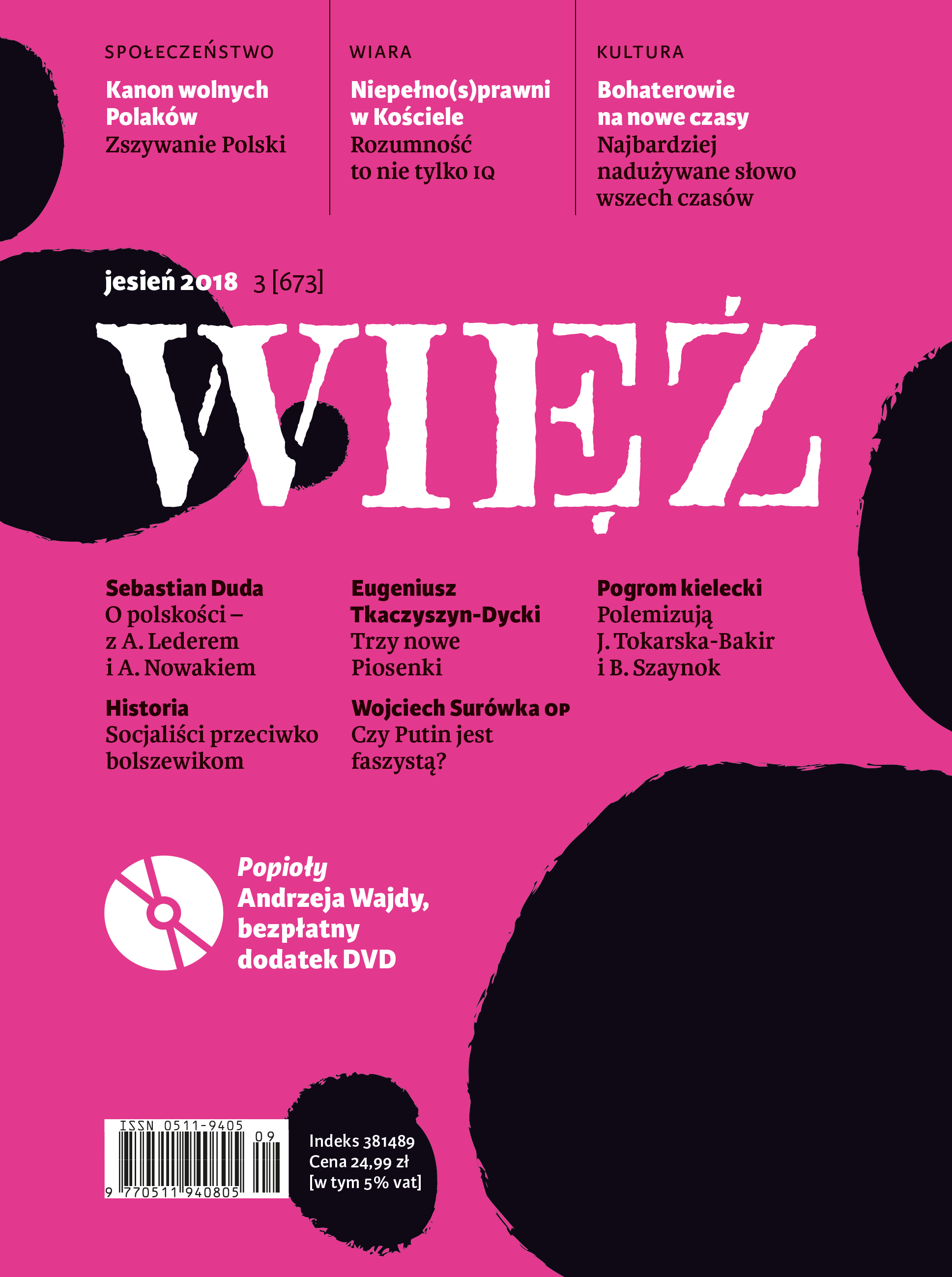
Keywords: Poland; Silesia; borderline; postwar period; history; demography;
Pierwsza Msza Święta oficjalnie sprawowana w języku niemieckim w sanktuarium na Górze Świętej Anny przypadła w symboliczną niedzielę – 4 czerwca 1989 roku. Polska głosowała za odrzuceniem systemu komunistycznego, a u św.Anny ludzie płakali, mogąc śpiewać po niemiecku.
More...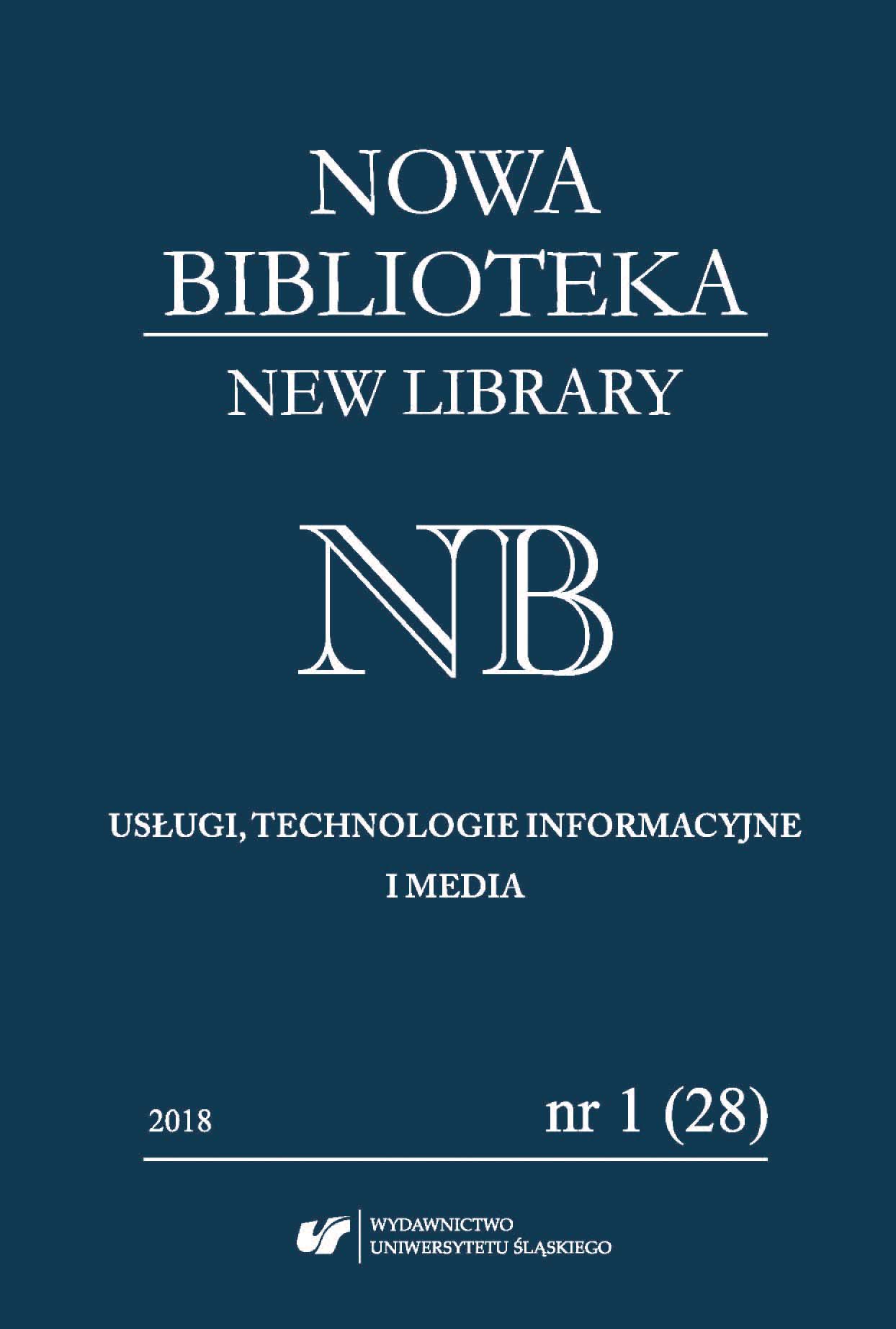
Keywords: Advertisements; The inter-war period; The Voivodeship of Silesia;
The purpose of this article is to analyse the content and the graphical layout of advertisements which were featured in the “Powstaniec Śląski” periodical in 1927–1936. The article presents the statistics of advertisements; it takes into account a division into the field of interest, the frequency of the advertisements which appeared and the places in which the main offices of the companies which were advertised were based. There is a description of the appearance of the advertisements and their functions and a presentation of selected advertisements which are most interesting.
More...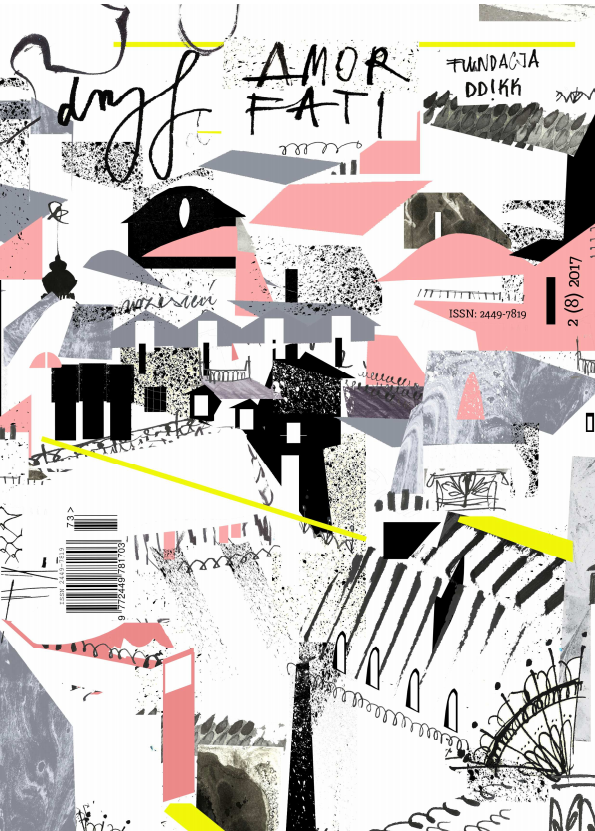
Keywords: university; trouble; education; erring; teacher;
The article presents the current situation of the university and the academic teacher. The author attempts to answer the question about the character of transformations happening in universities. What is the role of the teacher? What does „universityˮ mean? The author refers to (among others) Henry David Thoreau's or Kazimierz Twardowski's considerations. The role of the university and the teacher in the past was not the same as today. The author observes the phenomenon of “driftingˮ in the academic environment. Moreover, the author compares the situation of the university to a ship drifting and concludes that the people connected with academia are traped in a maze and they can’t find the way out. This article aims to analyse different attitudes of teachers and students in the modern world.
More...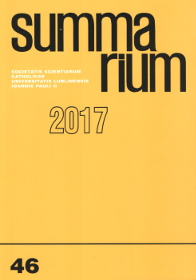
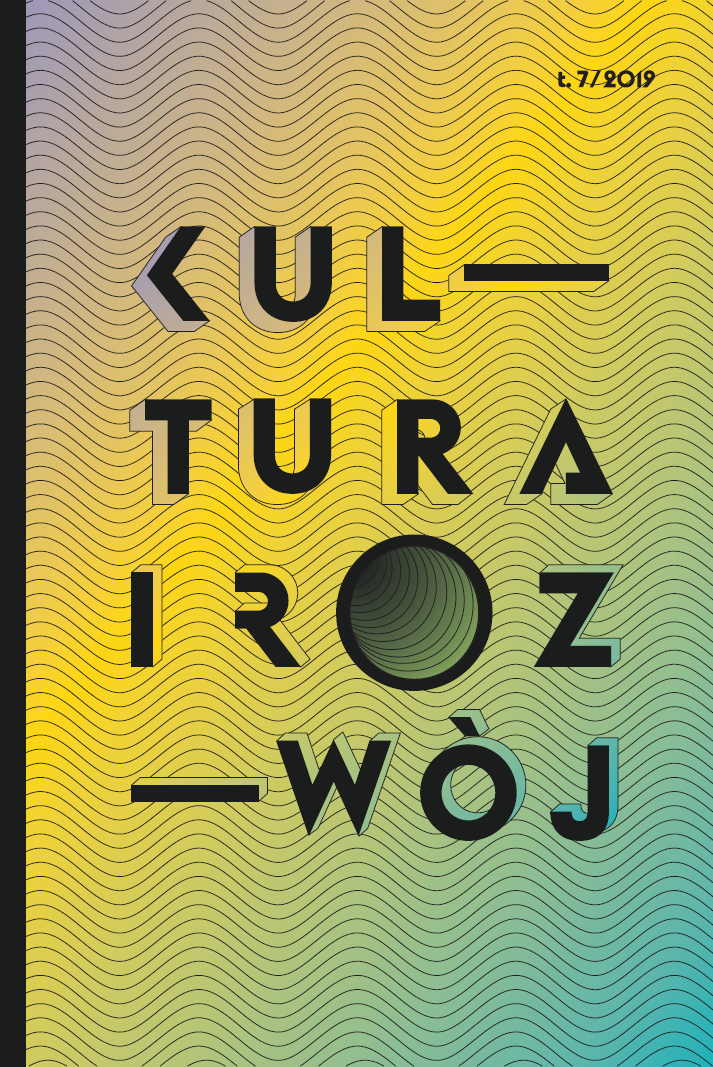
Keywords: University; reform; elitism; independence; solidarity
The article is a critical commentary on the higher education reform. Its polemical thrust is directed at the elitist approach to university education, stipulated by the reform. The author argues that this goal will not be achieved; instead, the reform will lead to university marketisation and its progressive isolation from social life.
More...
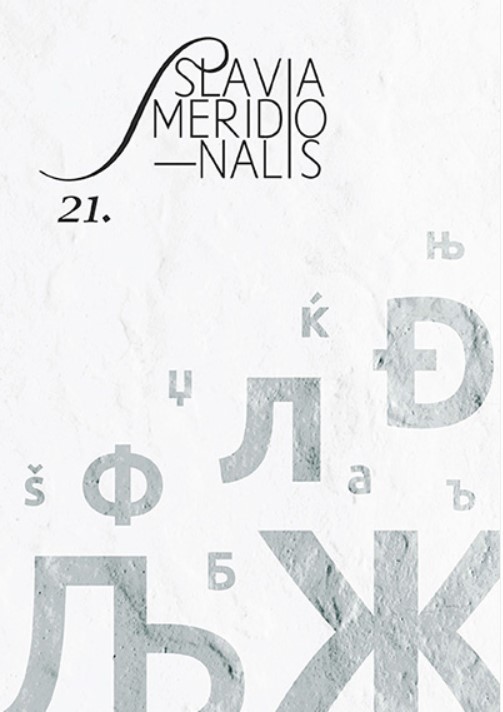
Keywords: internet language; stylization; Silesian dialects; Silesia; functional analysis in linguistics;
The article presents the results of a functional analysis of Silesian texts used in internet communication. The linguistic corpus consists of texts from portals and websites related to Upper Silesia, Opole Silesia and Cieszyn Silesia (including the Czech part). If the Silesian isolect is used as the main means of communication, all communication functions can be performed. Texts in the Silesian code particularly often fulfill metatextual and representational functions. For some functions, language stylization is used. As stylistic means in Silesian texts, lexical means from other codes are primarily used, i.e. from standard Polish, Czech, English, and German; lexemes with a clear slang character are included in the output codes. The communicative functions of these stylistic means are primarily poetic and expressive.
More...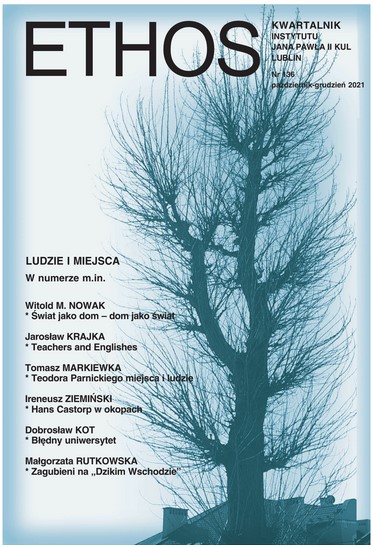
Keywords: university; scientific policy; place; being errant; thinking; science; resourcefulness; community of those who err;
The author reflects on the problem of the nature of the university, and his scrutiny revolves around the category of being errant in thinking. Seen from the vantage point of the modern praise for resourcefulness, the university appears to be a corporation with the objective to ‘produce’ research results and graduates: errors, as well as being errant in thinking, are considered as fallacies to be eliminated. The author attempts to reevaluate the category of being errant in thinking and, in conclusion, states that in fact the principle on which the university works is that of being errant, and that the university needs to be conceived as a community of those who err.
More...